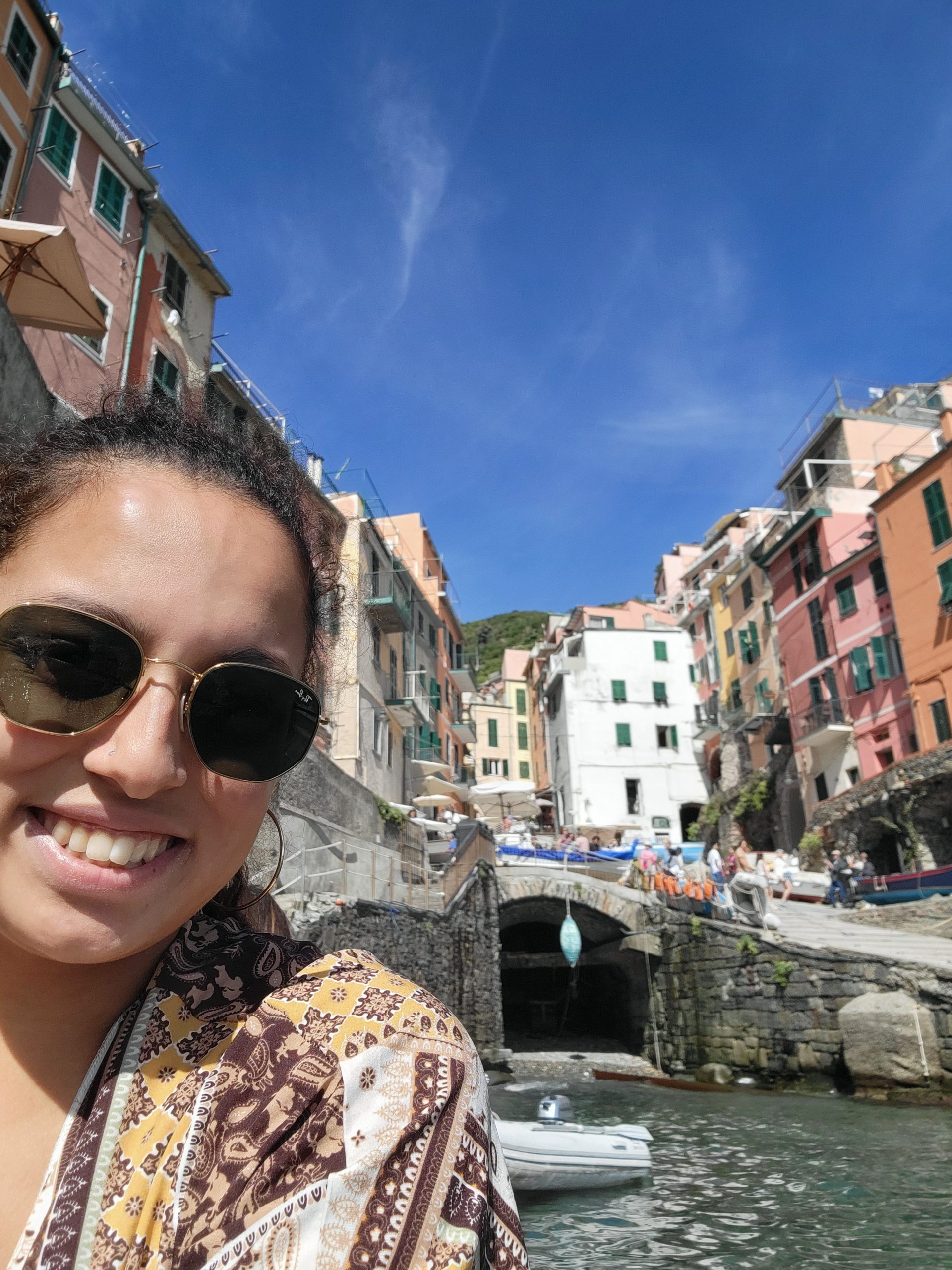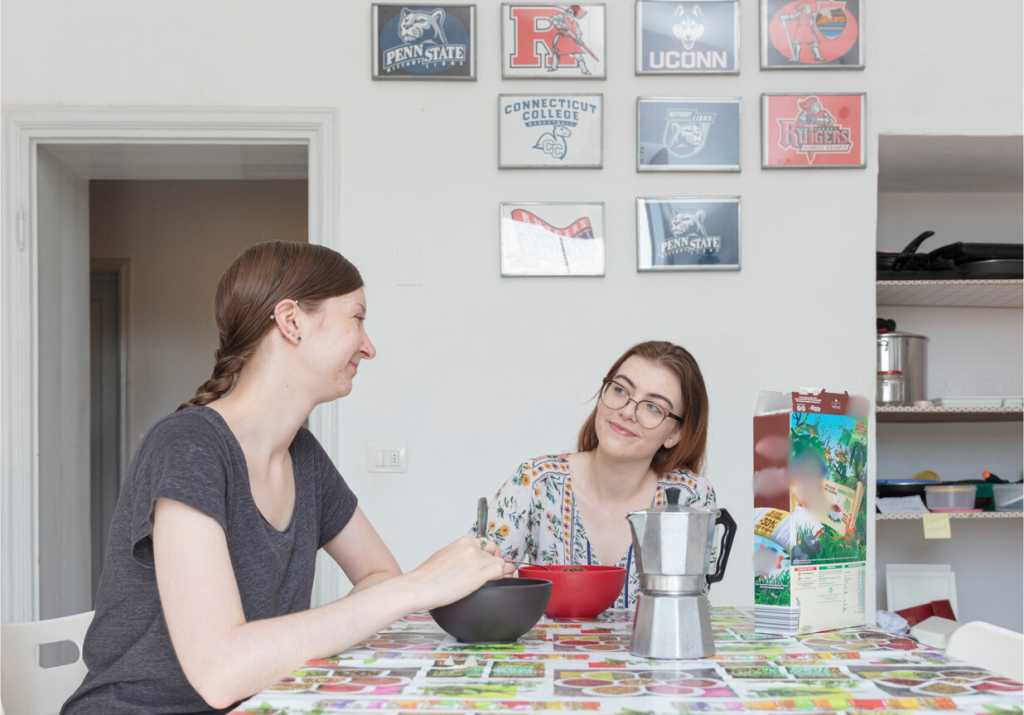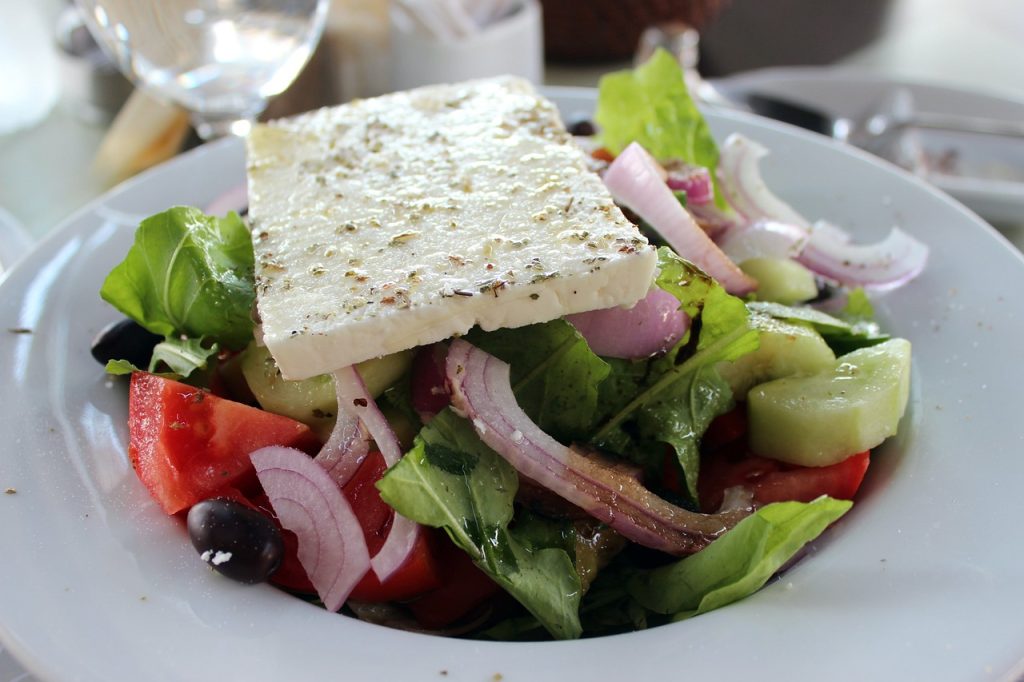Studying abroad in Italy brings all kinds of adventures—including trying delicious food and adapting to Florence’s unique seasons! If you have allergies, a little extra prep can make things go smoothly. While Italy’s food labeling laws are quite strict, some ingredients might go by different names or appear in unexpected places (pine nuts in pesto, anyone?). Taking the time to learn Italian terms for your food or drug allergies will be a big help when shopping or dining out. If you’re here in the spring, get ready for Florence’s beautiful blooms—and a little extra pollen! Make sure to bring any allergy meds you need and keep them handy.

Did you plan anything ahead of time?
I made sure to pack two EpiPens, my allergy eye drops (one for maintenance and one for acute itching), nasal spray, Benadryl equivalent, and my everyday Zyrtec equivalent. Whatever medicines you take, bring them—and make sure to pack enough for the entire semester, since you never know what might be available here (especially prescription ones).

What are your best tips for studying abroad with food allergies?
- Make sure you know what you’re allergic to (get a test done before you come abroad if you haven’t in over five years).
- If you have severe allergies, always carry an EpiPen with you.
- If you have severe asthma, carry a rescue inhaler (always beware of medication side effects).
- Know the translations of things you’re allergic to. For example, if you have a nut allergy, know how to ask for information about food ingredients (in Italian: “Contiene frutta secca?”).
- Download the Italian language on your Google Translate app for help with translations in less touristic destinations in Italy.
Did you have any concerns about traveling with food allergies?
Yes, of course—there is always some anxiety that comes with allergies, being unsure of the ingredients in new foods. But I was prepared with medications and translations, and I knew the European emergency number, just in case. It helps to be prepared with this information.
How did you handle meals?

Eating at home and keeping roommates informed about your allergies are the easiest situations. For example, if you have a severe nut allergy, make sure your roommates know to thoroughly wash shared dishes with a separate sponge. Eating at restaurants and doing groceries means that you must know the translations of the names of foods, and you need to constantly do your due diligence. Tell your waiter about your allergies before ordering anything at restaurants to avoid confusion.
What other countries did you visit? Any recommendations on where to eat in these places?

I went to Switzerland and Greece. Beware of the chocolate and cookies in Italy and Switzerland, as they often contain nuts. Greece was nice to visit as a person with a nut allergy because the chocolate and desserts I saw (except baklava!) were all nut-free. The food otherwise in these countries is delicious, but again, make sure you know the translations of your allergies.
Not to scare anyone, but when you try a new food or travel to a new place, remember to bring your EpiPen or antihistamines; you never know when you will find a new allergy. For example, I found out I am very allergic to mosquitos after getting a bite that caused my hand to swell, while my non-allergic friends were fine. But because I was prepared with Benadryl, I was fine!
Remember, English-speaking doctors are available (covered by international insurance), and the ISI staff is always there if you have any questions or concerns.
